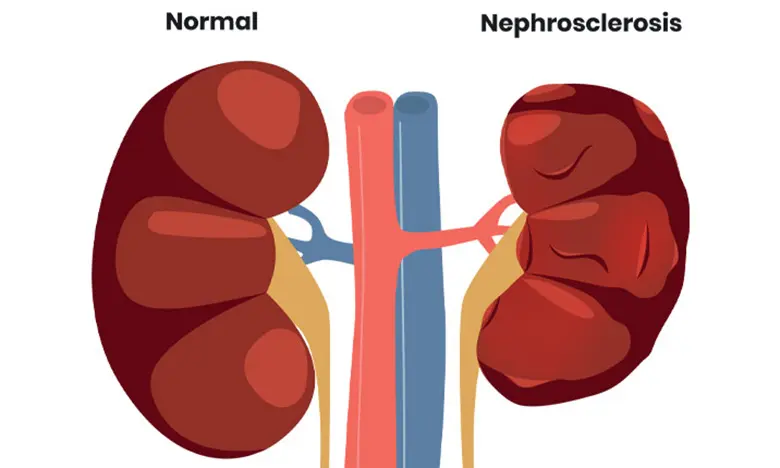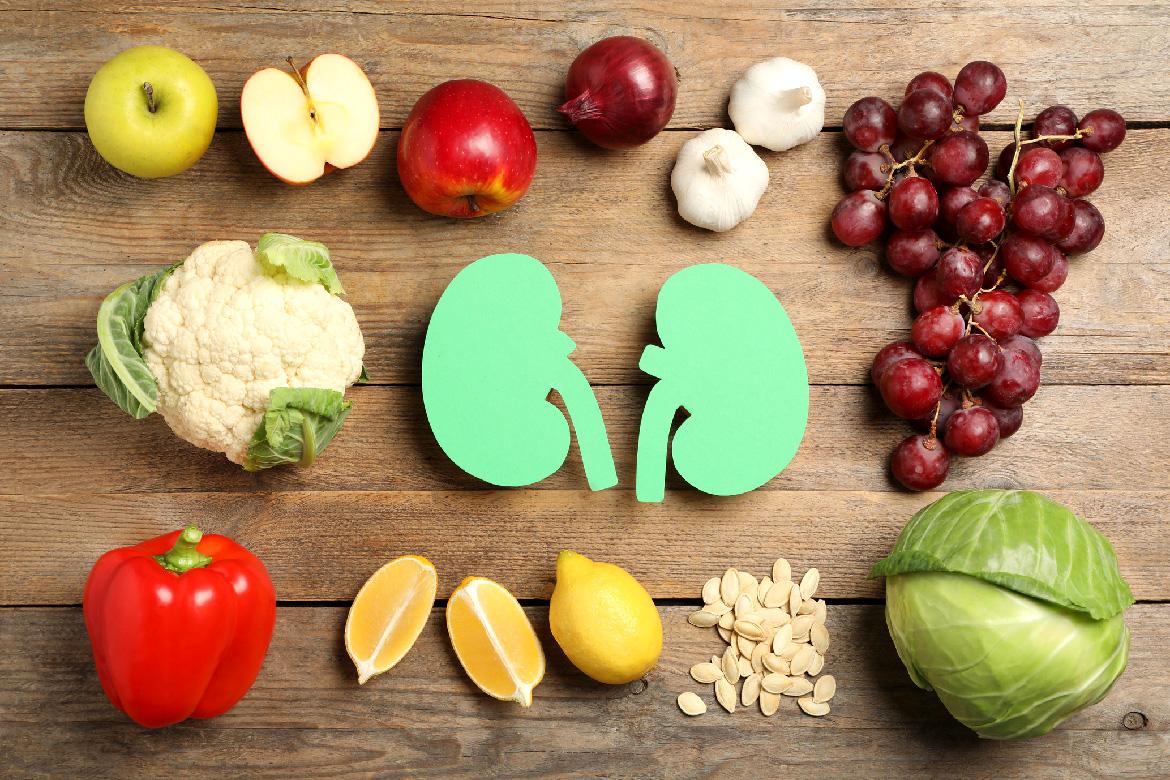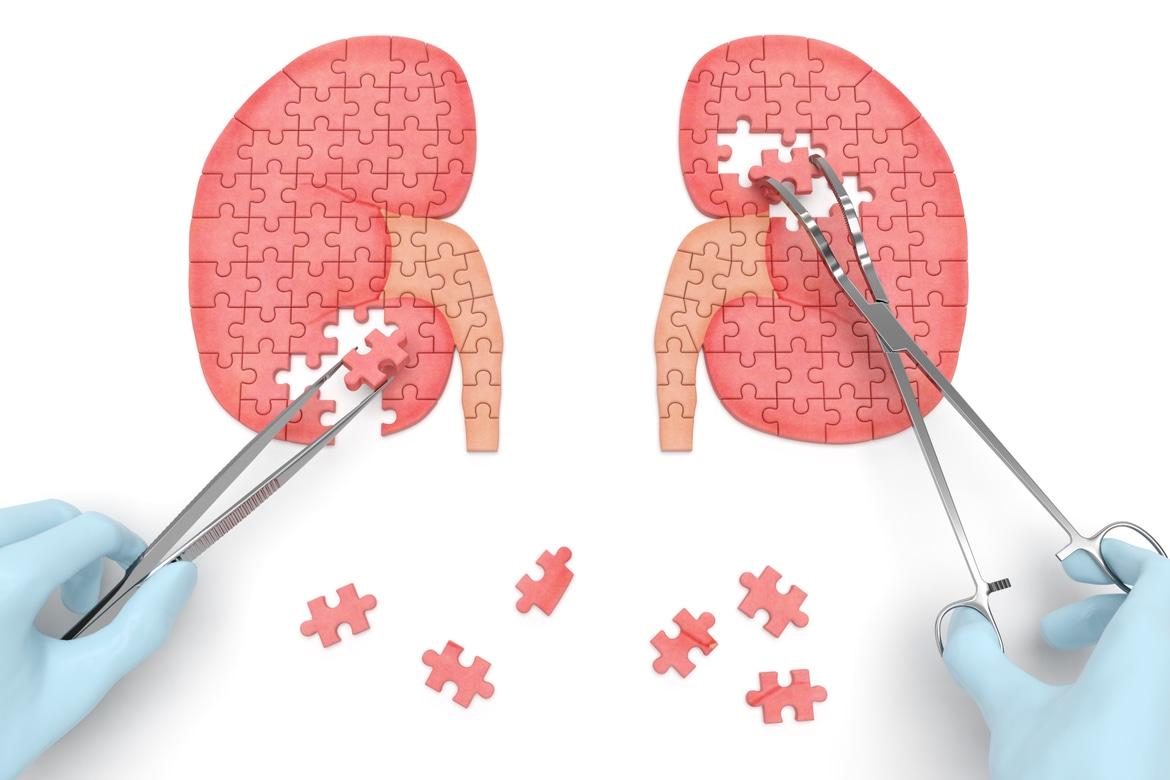Creatinine Level Clearance Test
What is a creatinine level clearance test?
A creatinine test checks the creatinine levels in the blood or urine, which indicates how well the kidneys are functioning. It can be done as a combination of blood test (serum creatinine test) and a creatinine urine test.
Creatinine is a chemical compound found in your bloodstream that comes from the energy-producing processes of muscles. Normal, healthy kidneys filter creatinine out of your blood and it exits your body as a waste product in urine.
How it works
A creatinine clearance test measures how well your kidneys filter the compound out of your bloodstream into urine.
To measure creatinine, a serum (blood) sample and urine samples are collected from you within a 24-hour period.
If the results show that your creatinine clearance levels are lower than the typical range for your age group, it may be a sign of:
- Poor kidney function
- Conditions that affect blood flow to your kidneys
- Kidney problems, such as damage to the kidneys' filtering units (glomeruli)
- Urinary tract obstruction, such as kidney stones
Normal creatinine clearance levels
The normal range for a creatinine blood test depends on your age, gender and number of kidneys:
| If you are a/an... | The normal range is... |
|---|---|
| Adult man | 0.6 – 1.2mg of creatinine per deciliter (dL) of blood |
| Adult woman | 0.5 – 1.1mg of creatinine per dL of blood |
| Person with only 1 kidney | It can vary depending on the health of the remaining kidney, usually ranging 1.2 – 1.9mg of creatinine per dL of blood |
High creatinine levels
The following creatinine levels may indicate severe kidney impairment:
- 2.0mg or more in babies
- 5.0mg or more in adults
Why do you need a creatinine level clearance test?
Your doctor may order a creatinine test to:
- Detect side effects of drugs, such as kidney damage or changes in kidney function
- Screen for kidney disease if you have pre-existing conditions that increase risk of kidney problems, such as diabetes or high blood pressure (hypertension)
- Diagnose or check the progression of kidney disease
- Monitor how a transplanted kidney is functioning
- Check the effectiveness of treatment
Chronic kidney disease can sometimes be a ‘silent’ condition. There may be no obvious symptoms until the disease is quite advanced. Creatinine levels can help your doctor determine how well your kidneys are working.
A creatinine blood test is often performed together with a blood urea nitrogen (BUN) test.
Blood urea nitrogen level is another indicator of kidney function. If kidney function is impaired, metabolic byproducts like urea can build up.
Compared to creatinine levels alone, the BUN-to-creatinine ratio provides more precise information about kidney function and its possible causes. As BUN also increases with dehydration, this can help your doctor check for other problems, such as dehydration.











